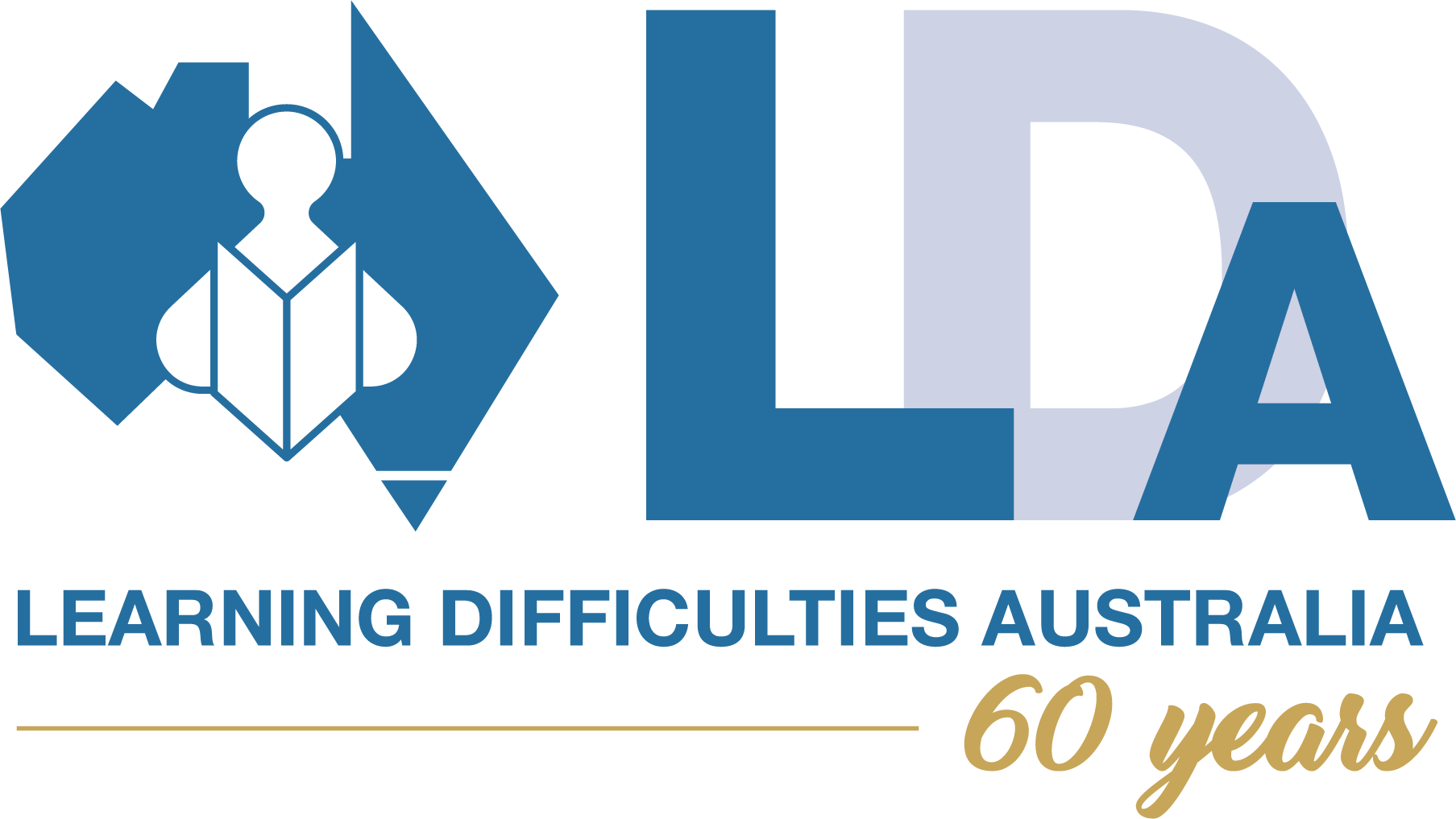This paper is concerned with the fundamental and intrinsic links between early receptive and expressive oral language competence on the one hand and the transition to literacy in the early school years and achievement of academic (and life) success on the other. Consequently, it also concerns the professional knowledge base of two key disciplines whose work is central to children’s early language and literacy success: teachers and speech-language pathologists (SLPs). Oral language competence underpins the transition to literacy, which in turn underpins academic achievement. Academic achievement is significant in its own right, conferring opportunities for further education and training post-secondary school, contributing to psychological health and mitigating some of the mental health risks and adversities that can be associated with adolescence and early adulthood. The central thesis is that the linguistic basis of the transition to literacy makes early reading success core business for SLPs. Further, SLPs need a firm grasp of the political and ideological factors that have exerted historical and continuing influence on reading instruction in western nations such as Australia, the US and the UK. This will facilitate the establishment of meaningful working relationships with teaching colleagues, to achieve optimal education outcomes for all children.
Snow, P. C. (2016). Elizabeth Usher Memorial Lecture: Language is literacy is language – Positioning speech-language pathology in education policy, practice, paradigms and polemics. International Journal of Speech Language Pathology, 18(3), 216–228. https://doi.org/10.3109/17549507.2015.1112837
